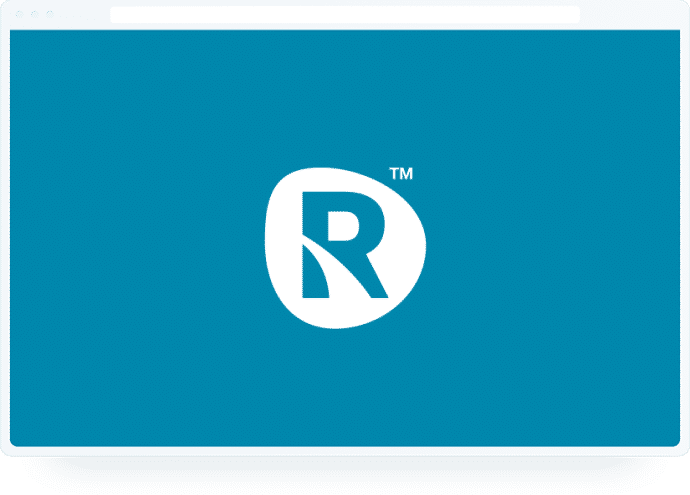
3 Simple Steps to Escaping the Vicious Cycle of Reactive Maintenance
Many organisations are stuck in a ‘vicious cycle of reactive maintenance’. It’s an all-too-common situation. Once you finally get that emergency fixed and resolved… you
Most people would answer ‘to prevent failures’.
Anyone who is up to speed with modern maintenance principles would rephrase that to ‘we maintain equipment to prevent unacceptable failure consequences’.
And they would be right.
Some failures we can accept, because the consequence of the failure is not significant. In other cases we might go out of our way to prevent a failure.
The problem is, in most cases, preventive maintenance plans and programs don’t achieve this objective. Typically, we spend a lot of effort on maintenance and still experience unacceptable failures.
And that’s because most preventive maintenance programs don’t apply the principles of modern maintenance.

The problem with our PM programs is that most of them were never developed properly, to begin with.
As John Moubray, the father of RCM II, pointed out in his book Reliability-Centered Maintenance, typically between 40% – 60% of the PM tasks in a preventive maintenance program add little value.
Some of the most common problems are:

Learn how to develop or improve your Preventive Maintenance program using the principles of Reliability Centered Maintenance (RCM) so you can achieve higher reliability with less maintenance.
We offer a suite of courses on Preventive Maintenance tailored to hands-on practitioners (PM100), like maintenance and reliability engineers, managers (PM300), and frontline staff like Operators and Technicians (PM400).
Because the course is delivered via a 100% online, web-based learning management system you can truly take this course anywhere in the world, any time of the day.
To ensure you succeed where many have failed in the past we teach you proven and practical approaches to develop and improve your Preventive Maintenance program, how to write effective Work Instructions, and implement the changes in your CMMS
We want you not just to enjoy this course, you need to get a real return on your investment – and that requires implementation!
You don’t just get 2 days of classroom training and a bunch of slides.
You can watch the pre-recorded training videos as much as you want, whenever you want, and yes, you also get access to all future updates.
The principles of modern maintenance have been round for a good 40 years and are well documented in many industry books and other
resources. Yet, most organisations and maintenance teams still don’t seem to really know and understand these principles.
Let along how to apply them in practice. I this article I will discuss each of these
principles in detail and give you some practical tips on how to check if your PM program is up to scratch.
Few organisations have effective preventive maintenance programs. Most PM programs are wasteful, many are ineffective. There are many companies out there that can improve your PM plan for you. But it’s so much better to do it yourself. It’s more cost effective, creates ownership and builds capability.
So, here’s a detailed step-by-step guide to optimise your PM program. It’s simple, cheap yet effective. No need for external consultants or expensive software.
Few organisations have effective preventive maintenance programs. Most PM programs are wasteful, many are ineffective. There are many companies out there that can improve your PM plan for you. But it’s so much better to do it yourself. It’s more cost effective, creates ownership and builds capability.
So, here’s a detailed step-by-step guide to optimise your PM program. It’s simple, cheap yet effective. No need for external consultants or expensive software.

Many organisations are stuck in a ‘vicious cycle of reactive maintenance’. It’s an all-too-common situation. Once you finally get that emergency fixed and resolved… you

Is doing more maintenance ‘good’? It’s common to think so. I mean, it makes sense that the more maintenance you do… the less likely your

Improving reliability has always been the top priority of many maintenance managers and practitioners. And so as an industry, we’ve come up with numerous strategies
Address:
Level 54/111 Eagle Street
Brisbane City, QLD 4000
Australia
Phone: +61 (0)7 3040 7525
Email: [email protected]
© 2017-2023 R2 Reliability Pty Ltd. All Rights Reserved. | Privacy Policy | Terms of Use | Cookie Settings
© 2017-2023 R2 Reliability Pty Ltd.
All Rights Reserved. | Privacy Policy | Terms of Use | Cookie Settings
© 2017-2023 R2 Reliability Pty Ltd.
All Rights Reserved. | Privacy Policy | Terms of Use | Cookie Settings